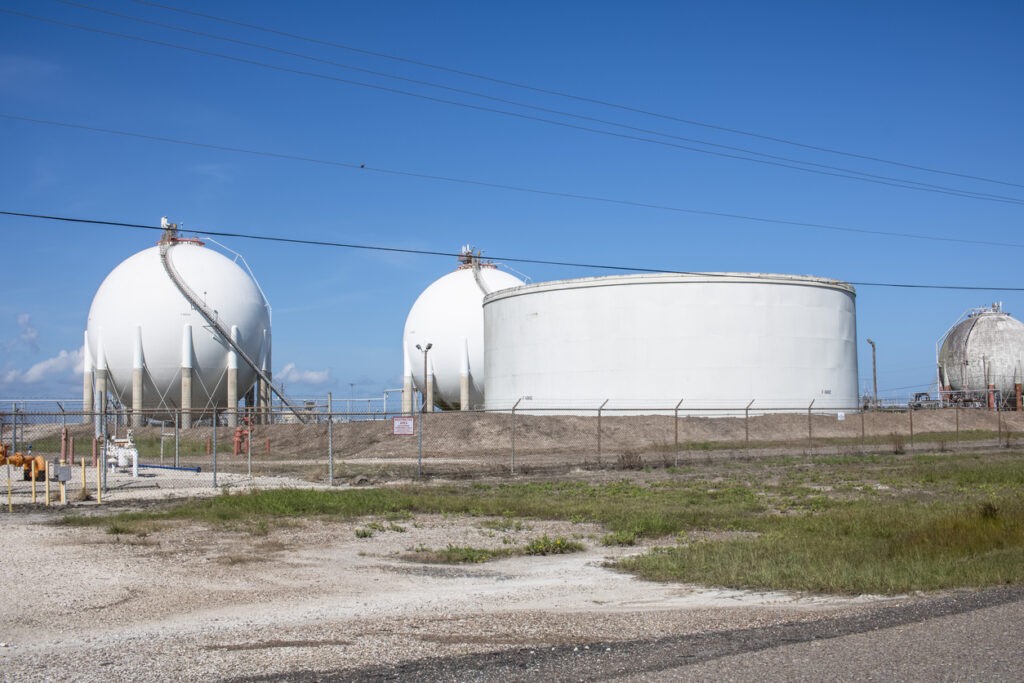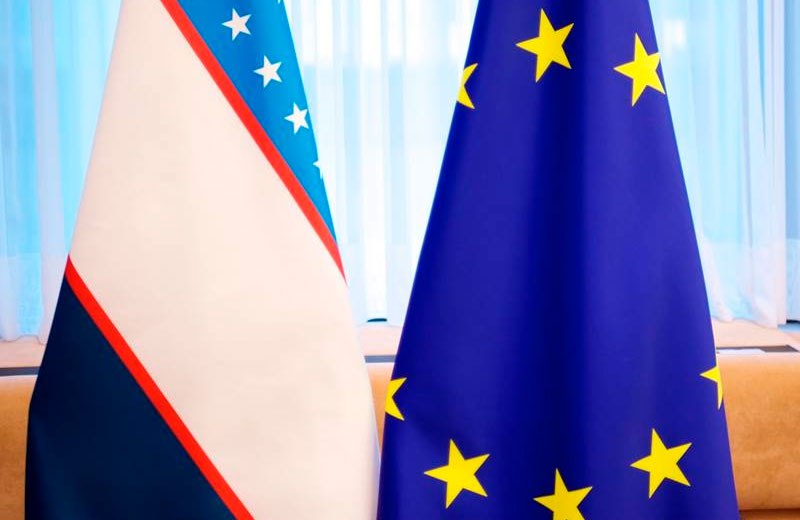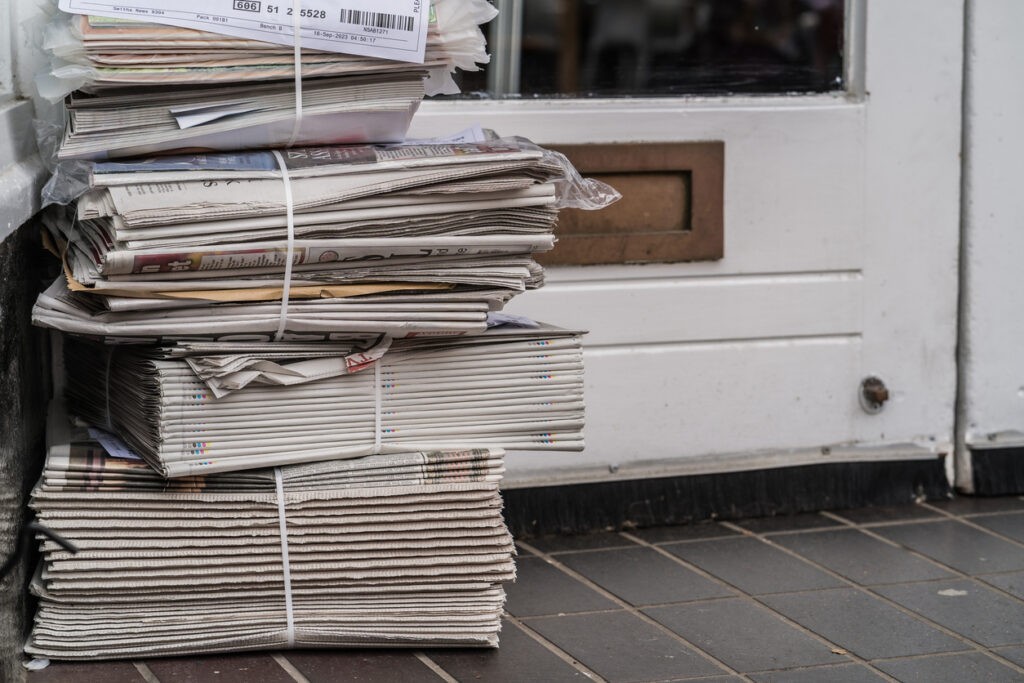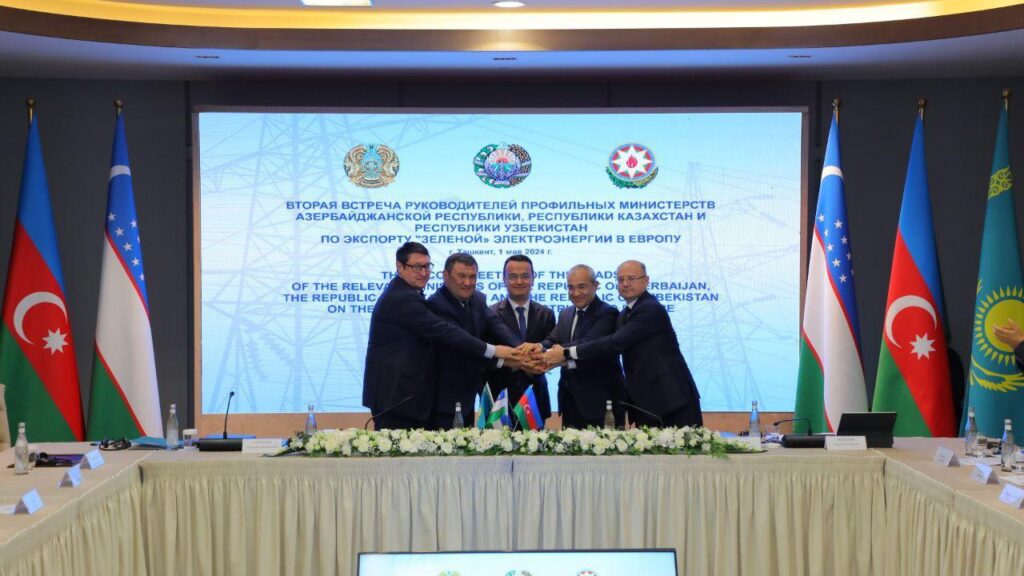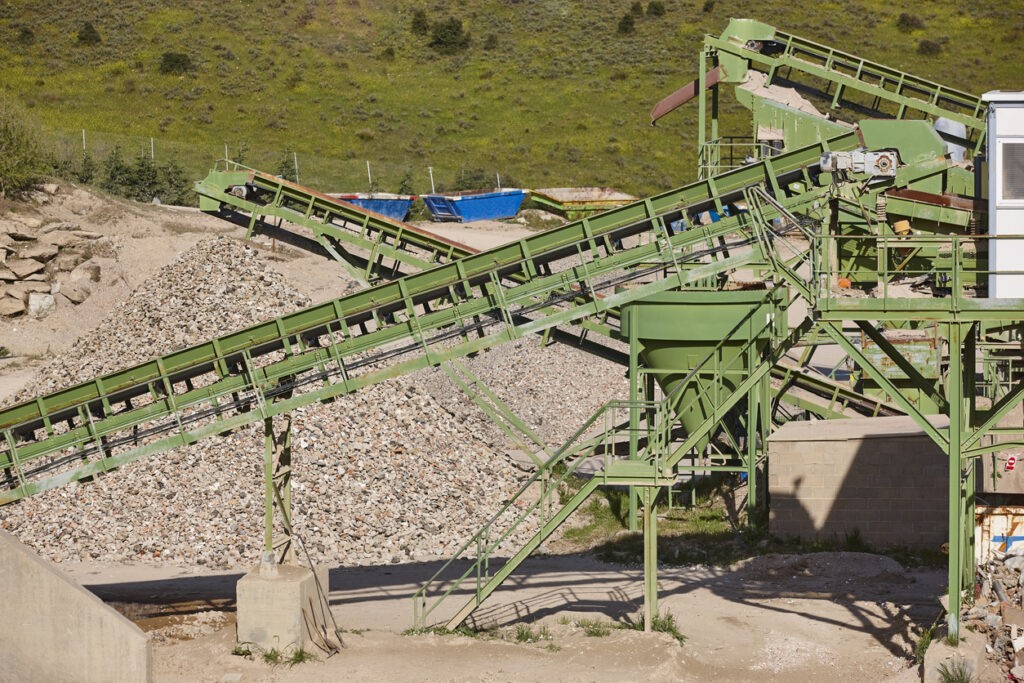Viewing results 1 - 6 of 257
Turkmenistan and Pakistan intend to independently finance the construction of the TAPI gas pipeline (Turkmenistan-Afghanistan-Pakistan-India) to transport Turkmen gas to Europe, according to a statement made by Pakistani Minister, Musadiq Malik, who said the decision was driven by the international community's reluctance to recognize the Afghan government, which has stalled foreign funding. "Turkmenistan, rich in gas reserves and currently only selling to China, has considered exporting its gas to Europe via an LNG train," Malik was quoted as saying by the Profit portal. The minister also talked about the idea of exporting Turkmen gas to the EU via Pakistan. According to this plan, the gas would be piped to Pakistan, and then transported to Europe by rail. According to previous agreements, the $10 billion TAPI gas pipeline project was to be 30% financed ($3 billion) by the participants, and 70% ($7 billion) by loans from international financial institutions. Of the 30% to be allocated by the participating countries, 85% ($2.55 billion) was from to Turkmenistan, and the other 5% ($150 million each) from Afghanistan, Pakistan and India.
Teri Hakala, Special Representative of the European Union for Central Asia, has recently spoken about the EU's goals for its presence in the Central Asian region, and plans for the coming years. Speaking at the conference, "Turkmenistan and the EU: 30 years of cooperation", Ms Hakala said: "The EU has a very strong presence in the Central Asian region. And our goal is to contribute to the development and welfare of these countries and sustainability. In the next 30 years we plan to continue our work in Turkmenistan and in other Central Asian countries, partners, for the benefit of these countries and the EU." She also spoke about the EU-Central Asia Transport Investment Forum, which was held in Brussels earlier this year. "In January, the EU organized an investment forum and in March too there were discussions about our commitment and obligations related to the allocation of $10 billion from the EU for the Trans-Caspian Corridor project, which will help to expand trade relations, to include more and more people in their activities. This will contribute to the expansion of not only the transport corridor, but also the energy corridor," Ms Hakala added. The Trans-Caspian Transport Corridor is a route connecting Europe and Central Asia. It is expected that once complete, cargo will be delivered along it in just 15 days.
A festival to celebrate the 30th anniversary of cooperation between Uzbekistan and the European Union (EU) will be held on 18 May at Tashkent's Botanical Garden. Welcoming the event, EU Ambassador to Uzbekistan Charlotte Adrian, stated, "The partnership between the European Union and Uzbekistan remains strong, from the signing of the Enhanced Partnership and Cooperation Agreement (EPCA) to the strengthening of GSP+ [Generalized Scheme of Preference Plus] trade relations and joint commitments to improve human rights." The festival will feature an exhibition of EU-funded projects including an interactive platform for young people, students and other visitors. The 'Climate Change and Resilience in Central Asia' project will be highlighted through an interactive game, quizzes and question-and-answer sessions, whilst 'Made in Uzbekistan' will showcase goods from EU-AGRIN (Uzbek Agriculture Knowledge and Innovation System) in tasting sessions of local produce. Celebrations will close with a grand gala concert dedicated to the 30th anniversary of the partnership. Interaction with the EU , one of the main priorities of Uzbekistan's foreign policy, is evidenced by the country's accession in 2021 to the GSP+ system of preferences, which enables 6,200 categories of goods to be exported to Europe duty-free. In this regard, General Director of BMB Trade Group Mirgulom Usmanov noted that agri-food companies in Uzbekistan are now growing and processing varieties of fruit and vegetables to meet the demands of the European market. In the first 10 months of 2023 alone, the volume of mutual trade between Uzbekistan and the EU grew by 36 percent year-on-year to $4.8 billion. An important step towards revitalizing the partnership was taken in the adoption of a resolution that calls for a review of the EU's strategy towards Central Asian countries and as stressed by the report, "The EU is extremely interested in deploying efficient trade and energy corridors between Europe and Asia, bypassing Russia."
On May 14, Dushanbe will host a conference entitled "Favorable Media Environment - an Important Factor of Legal Education in Society." The meeting is being organized by the Tajik Parliament and the nonprofit organization, Homa, with the support of the European Union (EU). The purpose of the discussion is to review the draft law "On Mass Media" with participation from a wide range of representatives of government agencies, international, multilateral, nonprofit, non-governmental organizations (NGOs) and the media. According to representatives of civic organizations, the rapid development of technology and international norms oblige the government to adapt legislation to international standards and modern best practices. In March 2023, a working group was established to draft a law on the mass media. It included representatives of government agencies and civil society, who together studied the experience of various countries in the region and analyzed legislative acts regulating media activities. In Tajikistan, the activities of the media are regulated mainly by two laws: the law "On Periodical Press and Other Mass Media" and the law "On Television and Radio Broadcasting." Following crackdowns, only two significant independent media voices remain in Tajikistan; the privately owned Asia-Plus, and the U.S. Congress-funded Radio Free Europe/Radio Liberty’s local service, both of which have long been subjected to partial shutdowns.
On 1 May , Azerbaijan, Kazakhstan, and Uzbekistan’s ministers of energy gathered in Tashkent to sign a memorandum of cooperation aimed at connecting their countries’ energy systems. The focus of the initiative is to explore means of connecting energy systems via a high-voltage cable embedded in the Caspian Sea to enable further export of green energy from Azerbaijan, Kazakhstan, and Uzbekistan to European Union countries. Referencing the parties’ earlier draft technical specification for the deep-sea cable, Kazakhstan’s Minister of Energy Almasadam Satkaliev stated, “A proposed business model will be prepared for the development of international transmission corridors - financing, revenue, ownership - and the sale of green energy to European Union countries.” Meanwhile, Asiaplustj.info reports that Tajikistan is still not being envisioned as a part of the system. As that publication notes, Uzbekistan's energy system currently operates in parallel with the energy systems of Kyrgyzstan and Kazakhstan within the framework of the United Energy System of Central Asia (UES CA), which was created under the Soviet Union. This system was abandoned by Turkmenistan in 2003 because Uzbekistan refused to allow transit of Turkmen-produced electricity through its infrastructure. "In November 2009, after a major accident in Tajikistan's energy system, Uzbekistan unilaterally left the UES CA, which automatically left Tajikistan out of this system as well. In 2018, Uzbekistan restored parallel operation within the regional system. Since 2019, with financial support from the Asian Development Bank, work has been underway to bring Tajikistan back into the unified energy ring of Central Asia. The Ministry of Energy of Tajikistan last summer reported on its intentions... to join the regional system by the end of 2023. but this has not happened so far," the report noted.
Uzbekistan is launching a slate of promising projects focused on mining rare earth elements (REEs) worth $500 million. The country has a large stock of REEs that are needed for industrial uses, and with the involvement of foreign partners, it plans to ramp up production. Among the critical raw materials (CRMs) targeted for production are molybdenum, tellurium, selenium and graphite. Uzbekistan recently signed a memorandum of understanding with the European Union in the field of CRM development. The memorandum seeks to ensure a diversified and sustainable supply of CRMs for the world's economic transition to green energy and a more heavily digitalized existence for humankind, including 5G connectivity, the Internet of Things (IoT) and artificial intelligence (AI). "This agreement with resource-rich Uzbekistan will help the EU secure much-needed access to critical raw materials. It is part of our wider global work with partners to secure the supply of materials for the future. It will be a major boost for Uzbekistan to realize its ambitions to diversify its economy and sustainably develop its extractive industry," said European Commission Executive Vice-President Valdis Dombrovskis. Experts note that Uzbekistan has the second largest reserves of critical raw materials in the region, including deposits of various minerals such as copper, molybdenum and gold. Investing in CRM development will help spur economic growth in Central Asia and increase competition with China. "China is creating very closed mining and supply chains for rare earth elements. Today, rare earth metals and their production are almost completely monopolized by the People's Republic of China (PRC). 80-90 percent of rare earth element processing is controlled and carried out directly inside the Middle Kingdom. Beijing hopes that it will be able to use this advantage in international relations, that it will be able to play a dominant role in the emerging new energy and economic architecture of the world economy, which will determine in the future everything from energy to geopolitics," said Wesley Hill, manager of the international program called "Energy, Growth and Security" at the International Tax and Investment Center.
